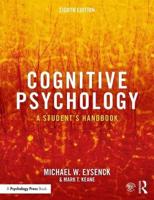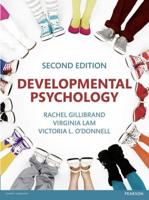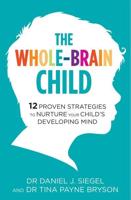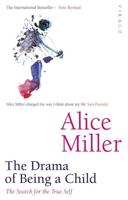Publisher's Synopsis
`This is a beautifully written account of the most important ways in which developmental psychologists go about their business, illustrated with carefully chosen articles which are carefully described in order to make the designs, methodologies, analysis and interpretation of the results readily accessible to a non-expert readership. This will become the preferred textbook for those who want an up-to-date, interesting and accessible introduction to developmental psychology research′ - Alan Slater, University of Exeter
A wide range of techniques is used to investigate children′s development. This book, which is aimed at advanced undergraduates and postgraduate students in psychology and related areas, provides a guide to key theories and methods used by researchers.
Carefully chosen articles are accompanied by a commentary from the author that, among other things, helps students to understand the rationale for a study, the choice of design and assessment measures, use of statistics and the interpretation of results. A wide range of recent research papers is included to cover observational and experimental methods from infancy to adolescence. The research papers are introduced by two chapters that consider the relationship between theory and methods, explaining how models of development differ from one another and how they can be tested through experimental studies.










